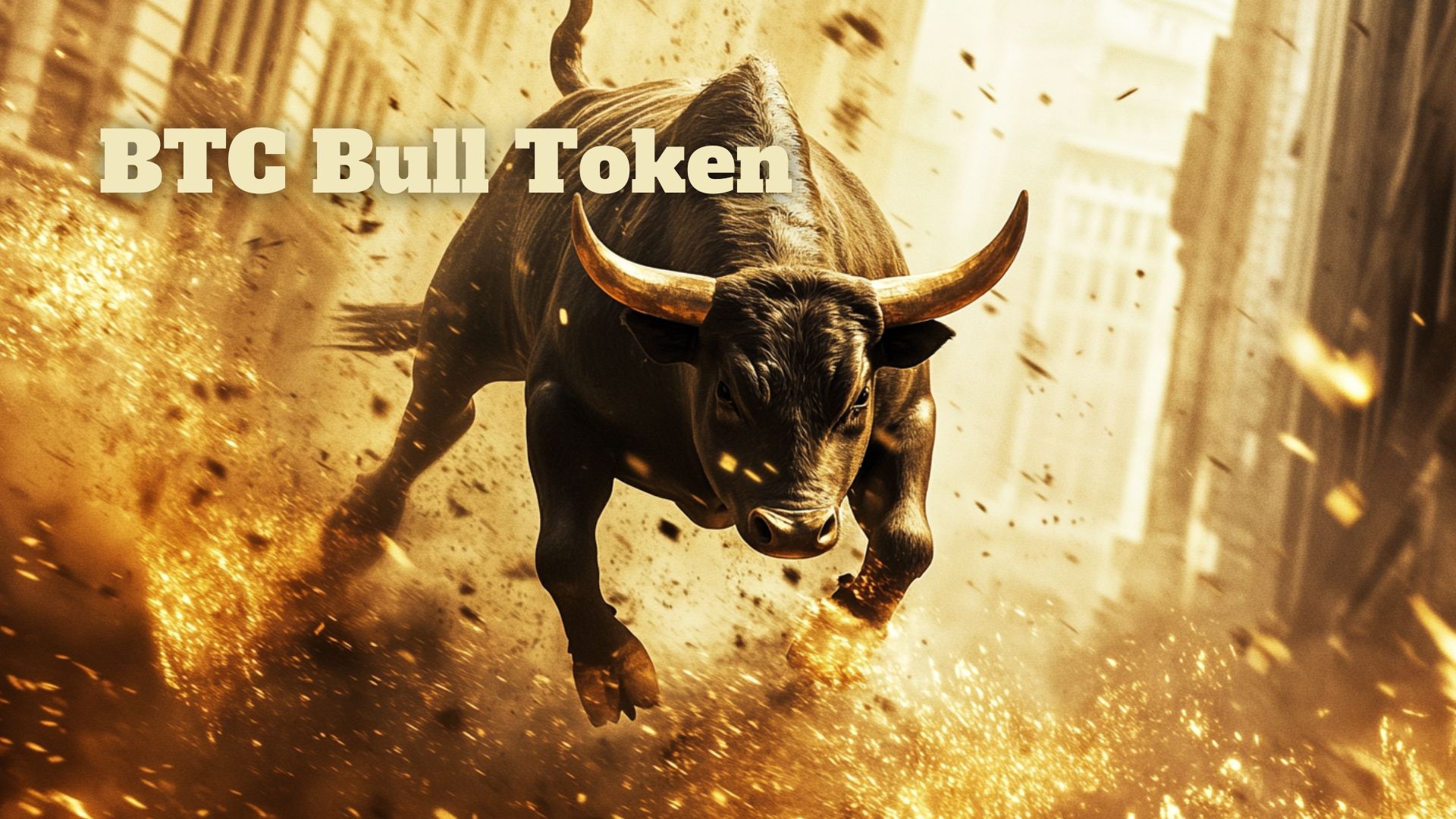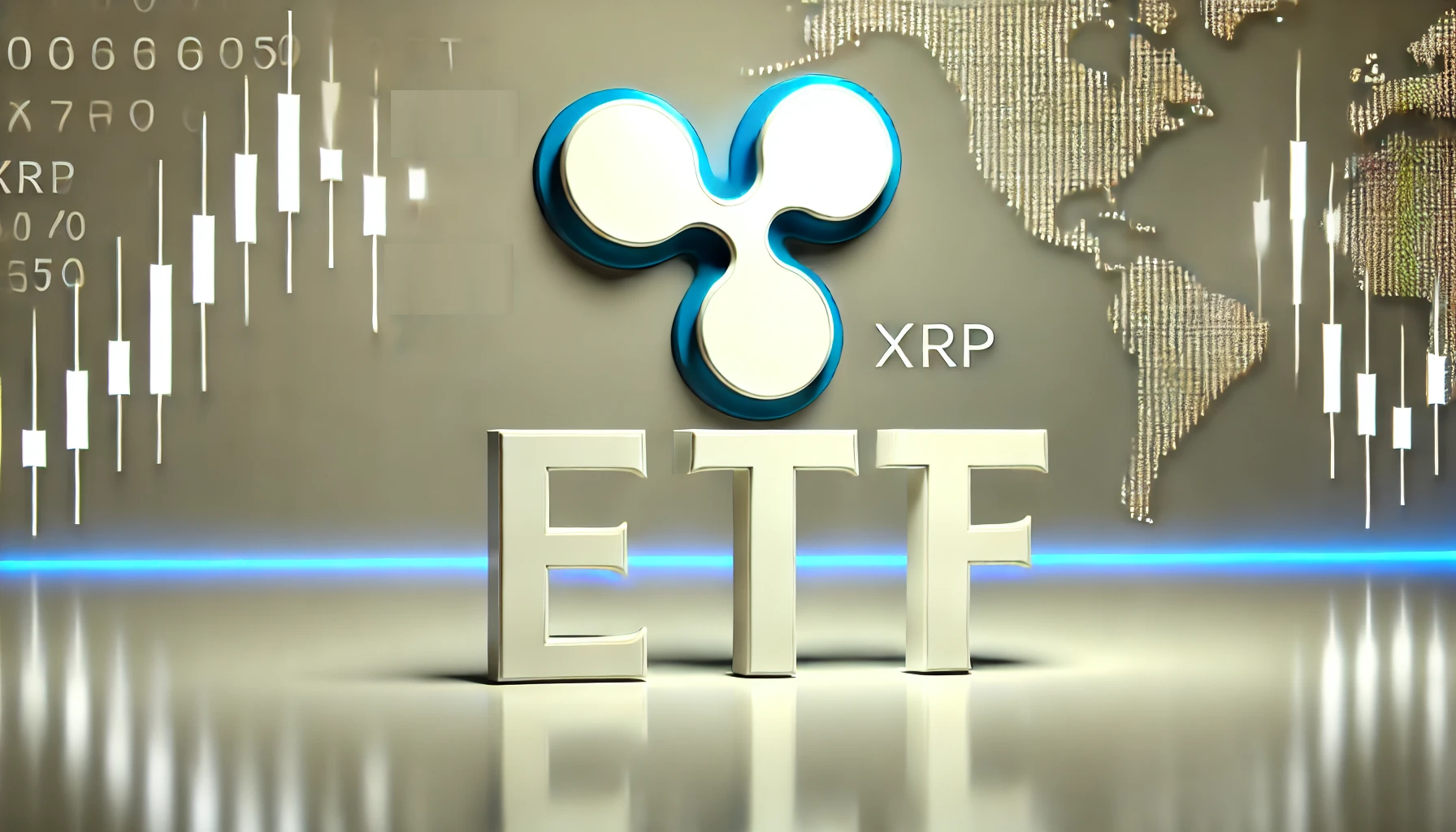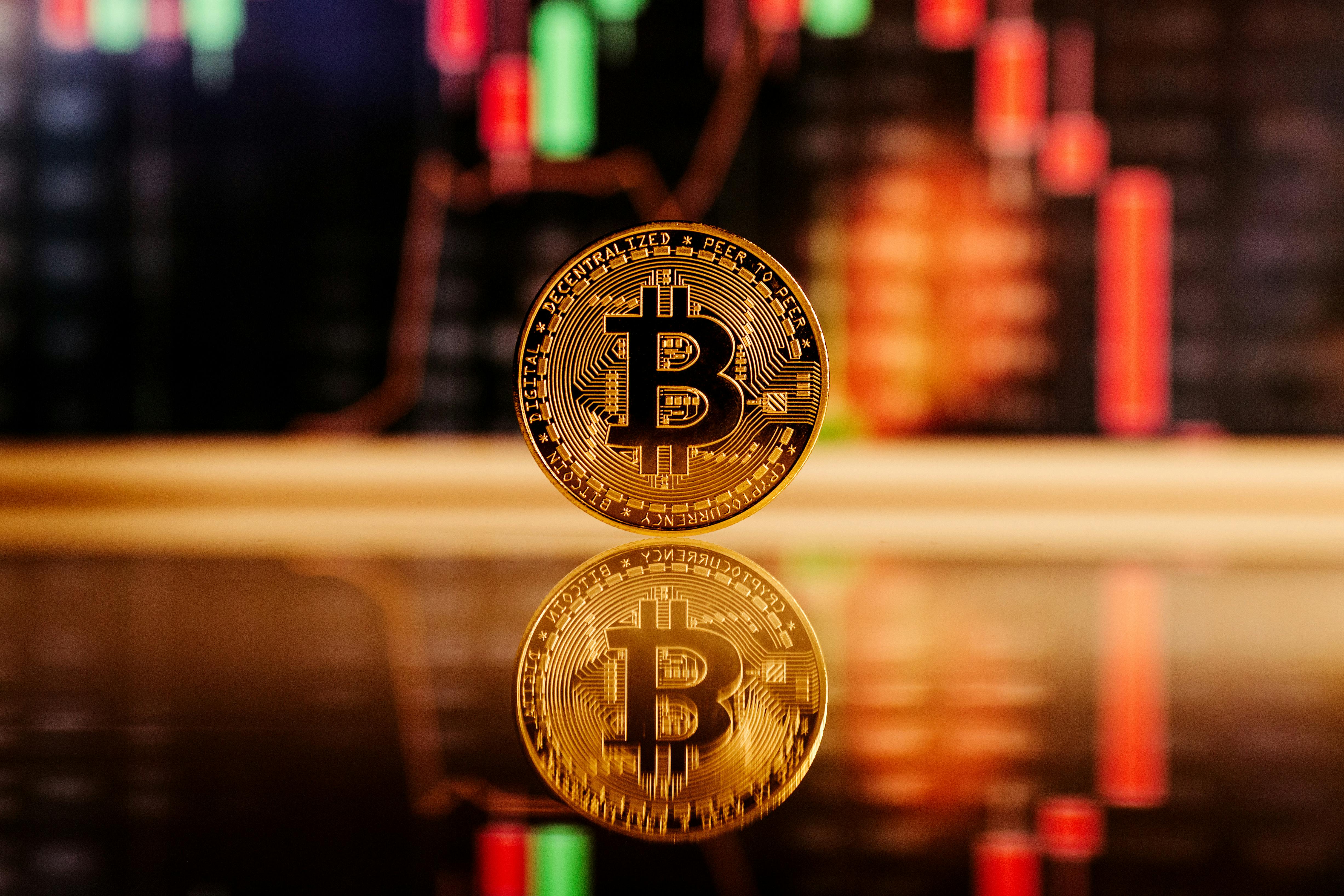Opinions and discussions keep floating around the ongoing Ripple vs. SEC lawsuit, and Australian-based attorney Bill Morgan took to Twitter to share insights regarding the Ripple token, XRP. According to Morgan, XRP can’t be a security among all others.
Lawyer Explains How XRP Is Not A Security
Bill Morgan pointed to the fact that the ruling of Judge Analisa Torres of the US District Court matters a lot in the ongoing case. He explained that XRP would not be categorized as a security if the judge ruled that Ripple’s sales of XRP to On-Demand Liquidity (ODL) customers are not investment contracts and have no indication of profit attached.
Related Reading: Crypto Scam: Hong Kong Company Executive Defrauded Of $2 Million
Notably, Morgan responded to a previous Twitter thread from the founder of SeedStarter, Jesse Hynes. In his post, Hynes analyzed the unpredictability of the SEC vs. Ripple case ruling stating it could take an unexpected turn.
Hynes noted the blockchain firm could lose the lawsuit on the grounds of violating US securities laws through the sales of XRP in the early days. Conversely, the court could rule that Ripple didn’t violate securities laws due to the method used in XRP sales currently.
This is because XRP sales have been exclusive to ODL clients following the start of the lawsuit in December 2020. Furthermore, Hynes mentioned that the SEC had convinced the judge to rule XRP as a security. But the outcome still lies with whether or not Judge Torres will follow SEC’s view.
Notably, SeedStarter’s founder explained that if the judge focuses on the legal status of XRP, she will rule that Ripple’s token is not an investment contract.
Digital Assets May Transition From Securities To Non-Securities
According to Hynes, the Judge might find that Ripple violated securities laws in its first sale of XRP but not in its subsequent sales to ODL customers.
While reacting to Hynes’ analysis, Morgan stated that his analogy illustrates that assets could move from being securities to not being again.
However, Morgan pointed out that four major factors could lead to such transitions for digital assets. These factors include economic reality, technology, the law, and the asset’s legal classification in other jurisdictions.
As such, the attorney maintained that if the judge finds that XRP sales to ODL customers are not investment contracts, XRP is not a security.
In response, Hynes stated that the judge might not touch the issue but focus on Ripple sales ignoring XRP and secondary market sales.
To this, Morgan responded that the judge’s latest ruling to unseal Hinman’s document shows that she understands the differences between Ripple’s transition from programmatic and institutional sales of XRP to exclusive sales to ODL customers. The lawyer also explained that the sale of XRP to ODL customers does not conform to the elements of the Howey Test.
In his view, Ripple’s sales of XRP to ODL clients can’t form an investment contract meaning that the alleged XRP sales, which also involved ODL customers, weren’t an investment contract.
Featured image from Pixabay and chart from Tradingview.com
Credit: Source link














































